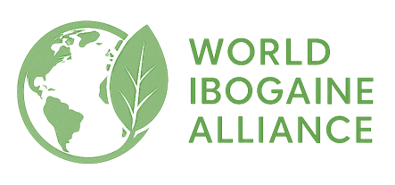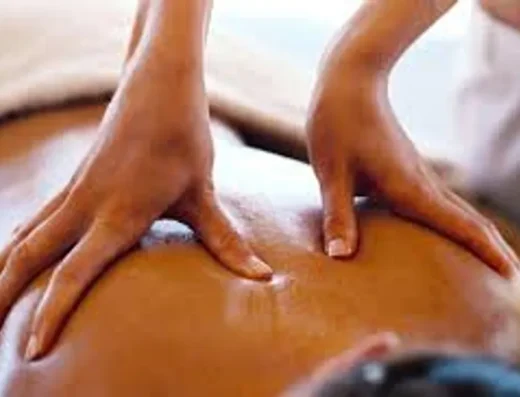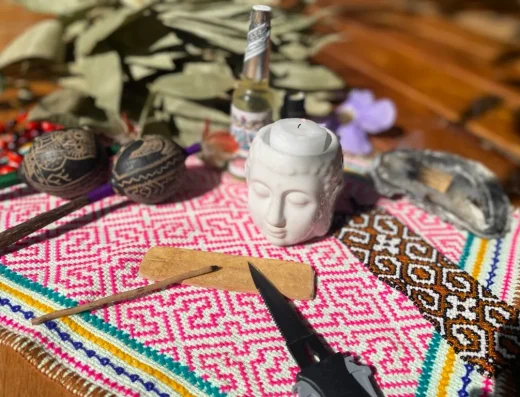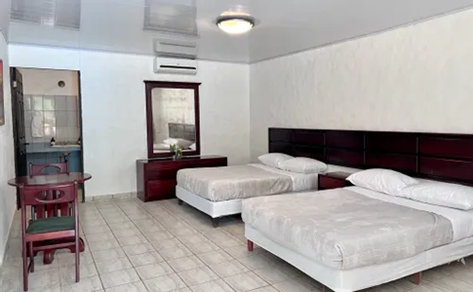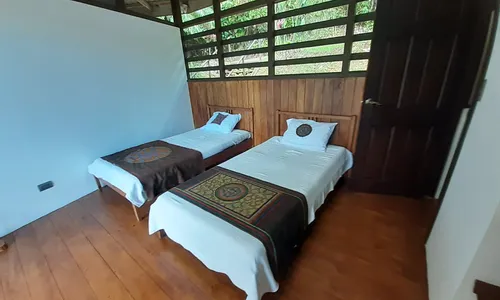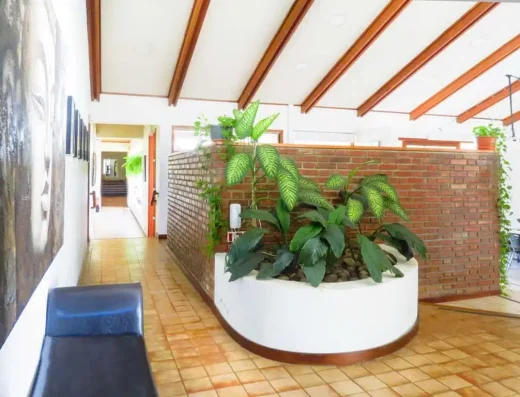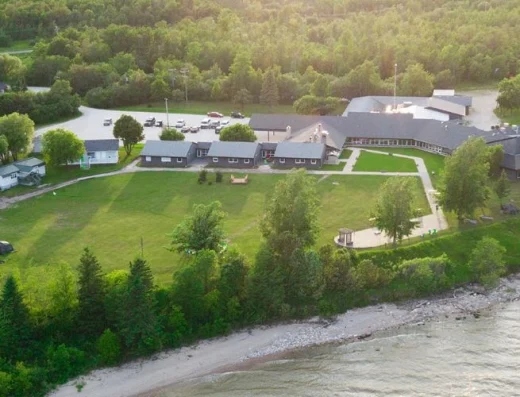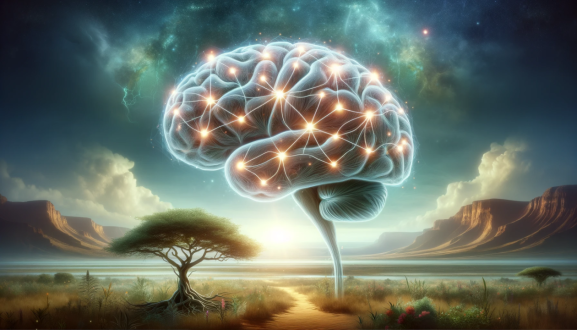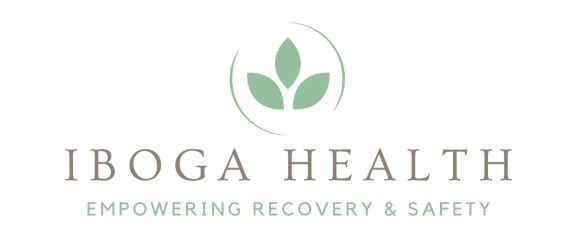Find The Best Ibogaine Treatment Center For Your
Explore the best destinations for Ibogaine Treatment
Or browse featured categories:
Ibogaine: Exploring Alternative Approaches
At WIA, we promote innovative healing solutions with the use of ibogaine for a range of conditions including Parkinson’s, addiction, TBI (Traumatic Brain Injury), PTSD, depression, and other mental health challenges. Our mission is to connect you with the world’s leading treatment centers dedicated to offering holistic, alternative therapies. Whether you’re seeking recovery from addiction, support for traumatic brain injuries, or relief from mental health issues, our curated directory provides access to safe, accredited clinics that prioritize transformative healing and comprehensive care.
Explore WIA and discover how ibogaine can be a catalyst for lasting change on your journey to wellness.
What You Need to Know
A Complementary Approach:
Ibogaine-based protocols are being explored as a complementary treatment option for several mental health issues. Many patients have turned to holistic therapies to supplement traditional medical care.
How It Works:
The treatment centers featured on our platform employ carefully monitored and personalized protocols. These methods are designed to support the brain’s neuroplasticity—the ability to adapt and form new neural connections—which may play a role in mitigating of the symptoms. Each clinic combines a multidisciplinary approach with comprehensive care, ensuring that patients receive not only the therapeutic treatment but also the ongoing support necessary for a successful recovery journey.
Safety and Research:
It is important to note that while alternative therapies can offer hope, they are not a replacement for conventional treatments. Patients should always consult with a healthcare professional before starting any new treatment regimen. The clinics listed below adhere to stringent safety protocols and are at the forefront of integrating innovative, holistic approaches into their treatment plans.
Popular Categories
FEATURED CLINICS A selection of verified top-rated clinics
From The Blog
FAQs
Does Ibogaine treatment really work?
A single Ibogaine treatment experience reduces opioid withdrawal symptoms and achieves opioid cessation – or sustained reduced use – in dependent individuals, as measured over 12 months. Ibogaine also provides comparable long-term abstinence in people struggling with other substances.
How is Ibogaine taken?
Ibogaine can be taken in a few forms: some take it by chewing on the shrub’s roots or by swallowing the powder mixed with water. The most common form is Ibogaine hydrochloride salt, which is taken orally.
Where is Ibogaine found?
Ibogaine is a monoterpene indole alkaloid which is found in the root bark of the Tabernanthe Iboga Baill bush in Gabon and West Central Africa. In its raw form it is exported throughout the world, tested and refined, and supplied to treatment providers in Mexico, Central America, Asia, and Europe.
What does Ibogaine do to the body?
Laboratory research on Ibogaine has resulted in reduced cocaine and morphine self-administration in laboratory animals (reviewed in Ref. 6), and has attenuated alcohol intake by alcohol-preferring rats. The compound also reduces the rewarding effects of nicotine in animals. The compound reduces the identical types of craving in humans by restoring and/or repairing dopamine receptors in the brain.
What is the protocol for Ibogaine?
Oral Ibogaine dosing protocol consists of an initial test dose of 2–3 mg/kg of Ibogaine. Depending on response, after ~40 minutes, additional doses of Ibogaine, up to a total of <14 mg/kg, are administered over the course of the treatment session, lasting up to 6 hours.
For how long does Ibogaine last?
Due to profound side effects, Ibogaine is rarely used recreationally, and its potential for addiction is extremely low. Ibogaine lasts much longer than other psychedelics, often having an active window of 24 hours and sometimes even up to 48 hours. Its therapeutic effect has been measured as lasting approximately 180 days (6 months), which is plenty of time for someone struggling with addiction to form new habits and coping skills, and for pain management patients to acquire alternative resources.
Is Ibogaine treatment effective? A UC Davis study comparing Ibogaine to buprenorphine, one of the most popular drugs used for medication-assisted treatment of OUD, found Ibogaine to be 30% more effective at reducing opioid use while causing fewer side effects.
